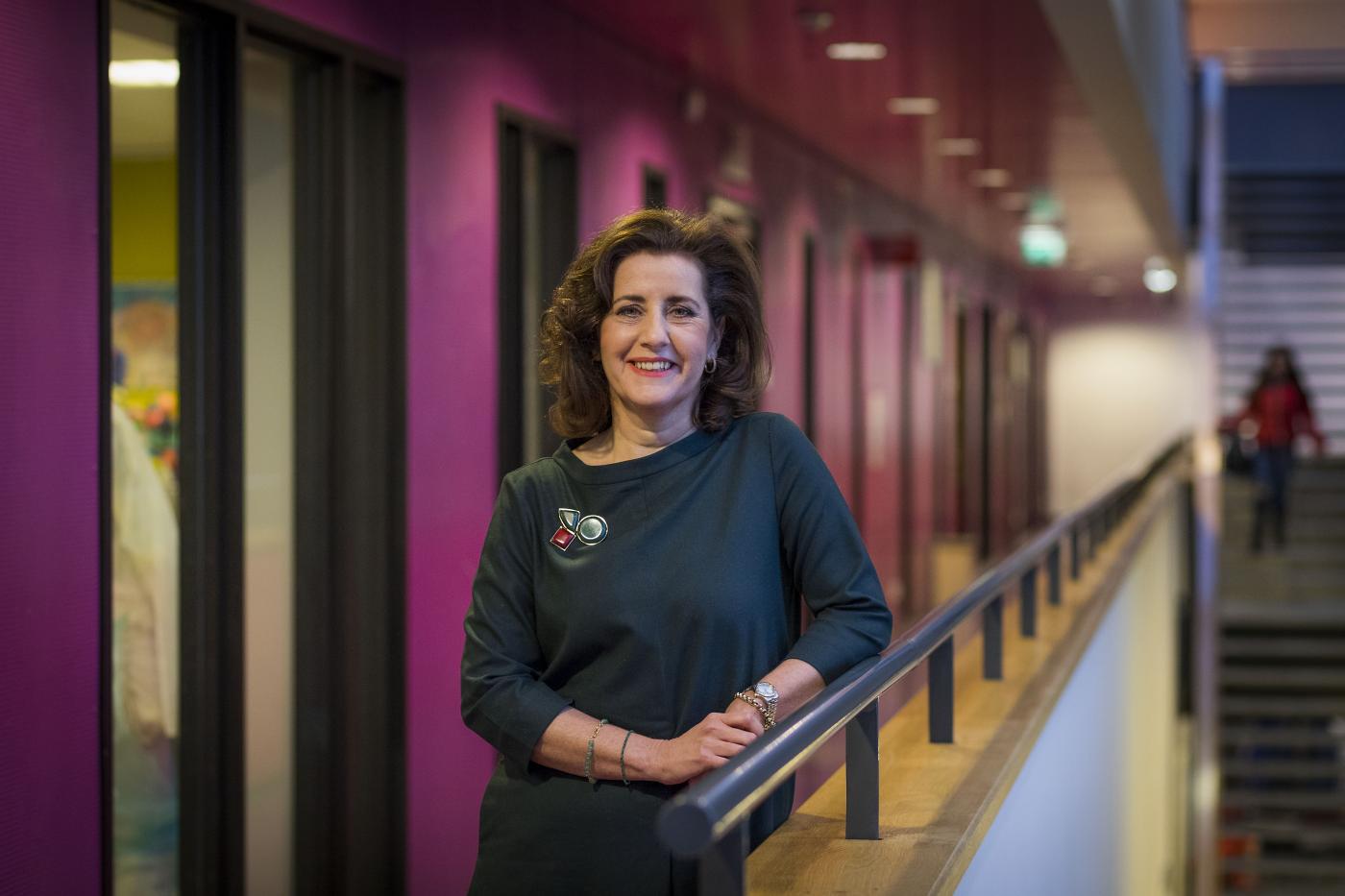Coronavirus compensation for undergraduates not doing a Master's? Not possible, says Minister

The outgoing cabinet has set aside more than 8.5 billion euros to help the higher education sector get through the coronavirus crisis. One of the ways in which this money will be used is a "coronavirus compensation" for current students, meaning that they will only have to pay 50 percent of their tuition fees next year. As for students graduating this year, they will receive a refund worth three months of tuition.
The right balance
However, only Master’s students are eligible for the latter. In a debate held last week, spokespersons for the educational sector asked what Bachelor’s students graduating this year and not doing a Master’s next year can expect. Will they get nothing at all, despite the billions of euros that have been set aside to aid students?
The Minister of Education, Ingrid Van Engelshoven, replied that she has already had this discussion. For her, it's a matter of striking the right balance between accommodating as many people as possible on the one hand, and making sure everything remains feasible on the other. “The vast majority of students graduate with a Master’s degree. That’s why we see the Master’s degree as the end point”, she explained.
Frank Futselaar, MP for the Socialist Party, considered this answer to be rather harsh, particularly considering that a Bachelor’s degree was designed as a stand-alone course. He understands that everything must be feasible for the Education Executive Agency (DUO in the Dutch acronym), which will carry out the policy. “But saying that the current measures ‘cover most people’ is not an argument. We don’t make laws for most people, we make laws for everyone”.
Options
MP Dennis Wiersma (VVD) also addressed the matter. He asked: why not allow students themselves to choose between a discount for the next academic year or retroactively for this year? But Wiersma’s suggestion was not met with a great deal of enthusiasm from the minister. The executive organisations are already working at full capacity, she replied. “We need to be aware that more than a million students make use of DUO’s services. Would it be possible to offer every single one of them a menu of options to choose from? No, it wouldn’t”.
But Futselaar did not relent. He submitted a motion, penned in collaboration with PvdA and PvdD, which was not supported by the Minister.“I also have a responsibility towards my executive body", she justified.
Budget shortfall
Kirsten van den Hul (PvdA) wondered whether all the figures provided by the minister were accurate. Was there not a budget shortfall of 82 million euros regarding the funding intended to extend the contracts of 20,000 young researchers?
Her inquiry resulted in a fierce discussion that lasted several minutes, in which the minister repeatedly said that she has extensively consulted with experts the field, including institutions such as the Royal Netherlands Academy of Arts and Sciences (KNAW), the Dutch Research Council and The Young Academy. “They were more than pleasantly surprised by the amount of funding”.
Van den Hul assured the Minister that she did not want to nitpick, but she did not obtain the answer she was looking for. In the end, she filed a motion.
Campaign
The debate was actually only supposed to be about the National Education Programme, but during the nearly six-hour meeting, the spokespersons were also in campaign mode. They shared highlights from their election programmes and pointed out motions from their parties that had undoubtedly contributed to the comprehensive support package.
Lisa Westerveld (GroenLinks) and Paul van Meenen (D66) interjected several times to ask Wiersma if the VVD really would invest in education after the elections. Wiersma replied that his colleagues would have to wait until the financial projections of the election programmes have been presented, which will happen Monday next week.